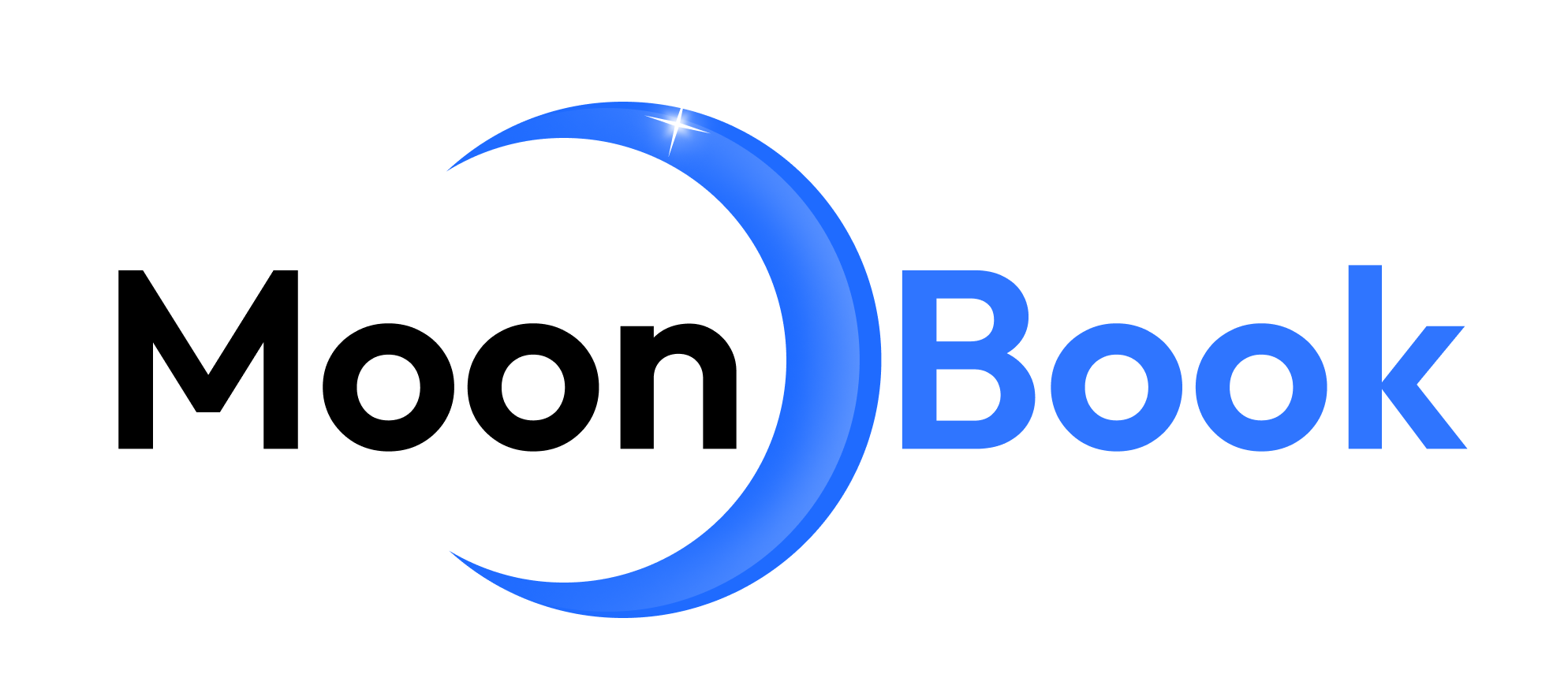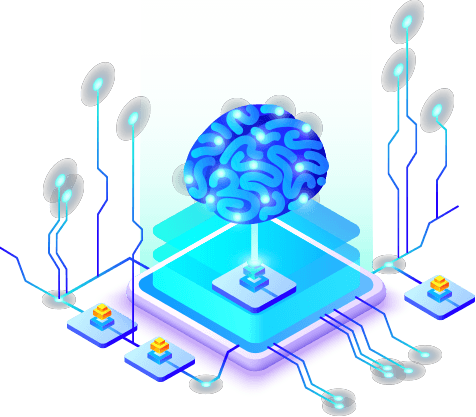The contemporary Data Annotation And Labelling industry is the essential, yet often unseen, human-powered engine that drives the entire artificial intelligence revolution. Its critical role as the primary enabler of machine learning is clearly demonstrated by its projected growth, with the industry's value expected to rise from USD 3.10 billion in 2023 to USD 15.46 billion by 2034, expanding at a consistent CAGR of 15.71%. This industry is a complex global ecosystem of people, processes, and technology, all dedicated to the single, critical task of transforming raw, chaotic data into the structured, intelligent fuel that modern AI models need to learn. It is the crucial bridge between the human world of understanding and the machine world of computation.
The industry is fundamentally a human capital-intensive business, built upon a massive and globally distributed workforce of data annotators. These are the individuals who perform the meticulous task of drawing boxes, outlining pixels, and tagging text. This workforce is incredibly diverse, ranging from highly specialized domain experts, such as doctors who label medical scans, to large teams of generalist annotators in BPO (Business Process Outsourcing) centers in countries like India and the Philippines. The management, training, and quality control of this global human workforce are the core operational challenges and competencies of the leading companies in the industry.
Supporting this human workforce is a sophisticated layer of technology. The industry is a major developer and consumer of specialized annotation software platforms. These tools are the digital workbenches for the annotators, providing the user interface for labeling and the workflow management capabilities for project managers. They are increasingly incorporating AI and automation to improve the efficiency of the human labelers. This "human-in-the-loop" system, where an AI model might make a first-pass attempt at a label which is then reviewed and corrected by a human, is a key technological trend that is improving both the speed and scalability of the annotation process.
The data annotation industry also has a significant and often debated socio-economic impact. On one hand, it is a massive creator of digital-first jobs, providing employment opportunities for hundreds of thousands of people around the world, particularly in developing nations. It is a key part of the global gig economy and a major driver of the BPO sector. On the other hand, the industry has faced criticism regarding the wages, working conditions, and job security of the annotators who perform this often repetitive and low-paid work. The ongoing debate about how to create a more ethical and sustainable supply chain for data labeling is a key challenge and responsibility for the industry as it continues to grow.
Explore Our Latest Trending Reports:
China Platform As A Service Market



